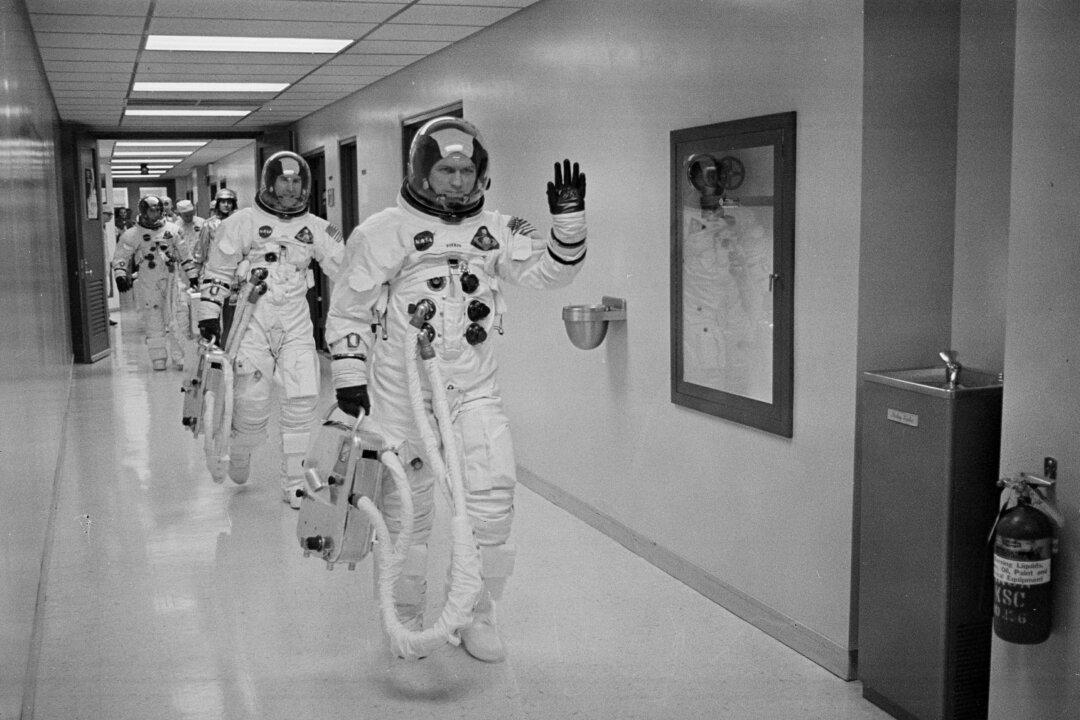Apollo astronaut Col. Frank Borman, who served as the commander of the Apollo 8 mission, the first to fly to the moon, has passed away at the age of 95.
Col. Borman died on Nov. 7 in Billings, Montana, according to NASA officials.

Apollo astronaut Col. Frank Borman, who served as the commander of the Apollo 8 mission, the first to fly to the moon, has passed away at the age of 95.
Col. Borman died on Nov. 7 in Billings, Montana, according to NASA officials.